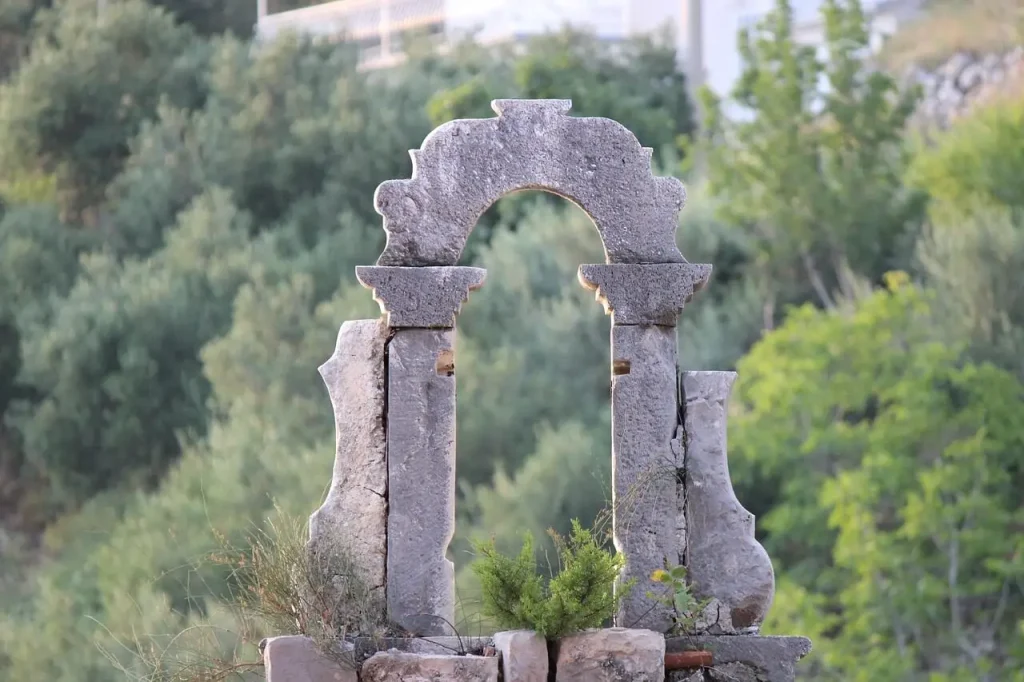The first allocation at our disposal is €680 million from the European Solidarity Fund, she told the press, saying that the recently outlined national recovery and resilience plan included reconstruction funds.
Croatia also has at its disposal funds approved by the World Bank, she said, adding that she also expected the approval of an allocation following last December’s earthquake in Sisak-Moslavina County.
She said the damage to the cultural heritage in Zagreb following the March 2020 quake was estimated at €7 billion.
The reconstruction of complex monuments such as Zagreb’s Mirogoj cemetery would take years and the necessary funds will be raised from various sources, the minister said.
She said her ministry had received more than 130 acceptable reconstruction applications and that contracts had been signed for a little over 40 monuments, including sacral and public buildings.
She added that public procurement was already under way and that over the past year experts from the ministry and Zagreb’s faculties of civil engineering, geodesy, and architecture had completed the required documents for all monuments.
The first objective is to reinforce the buildings to prevent them from being a threat and deteriorating, the minister said.
For more about politics in Croatia, follow TCN’s dedicated page.











